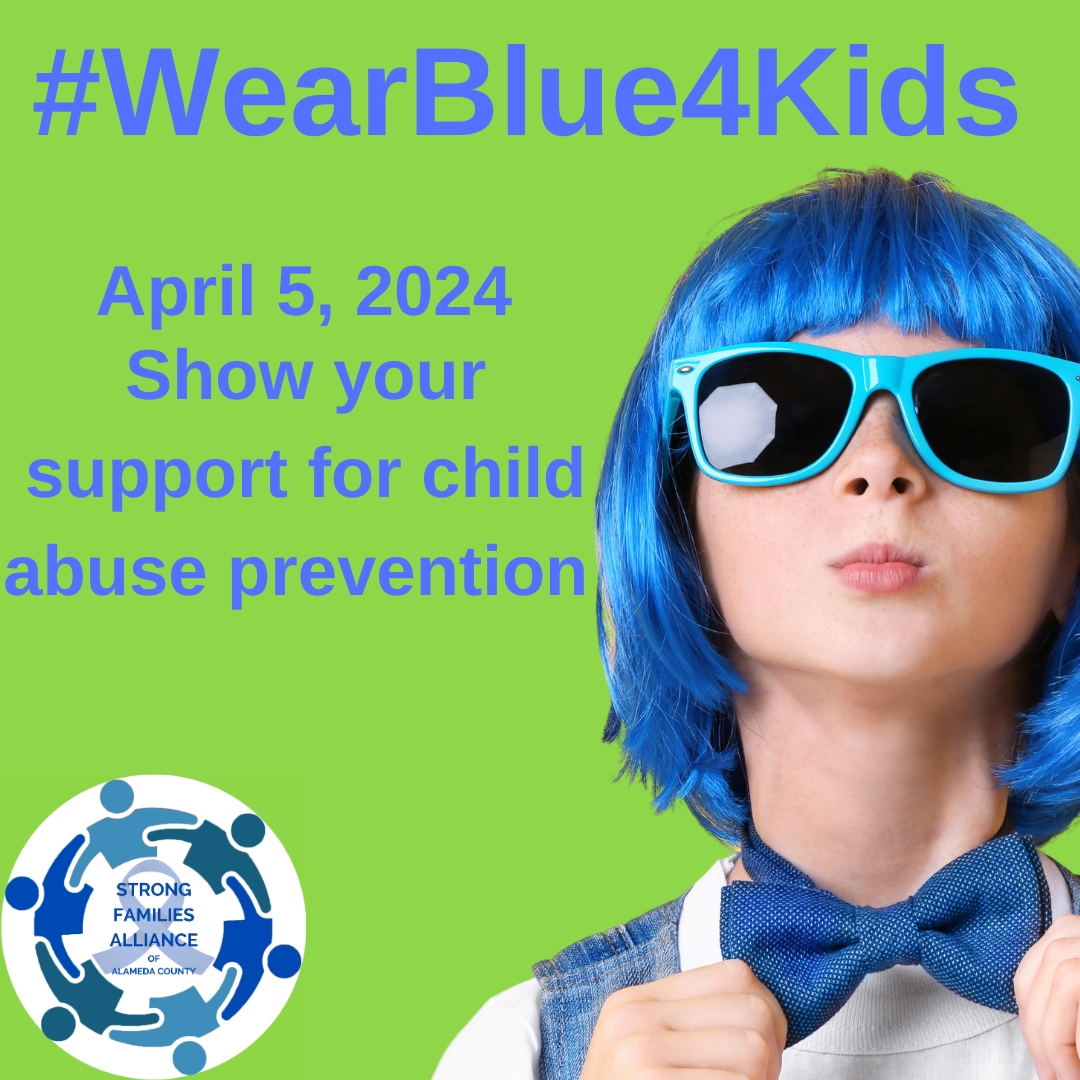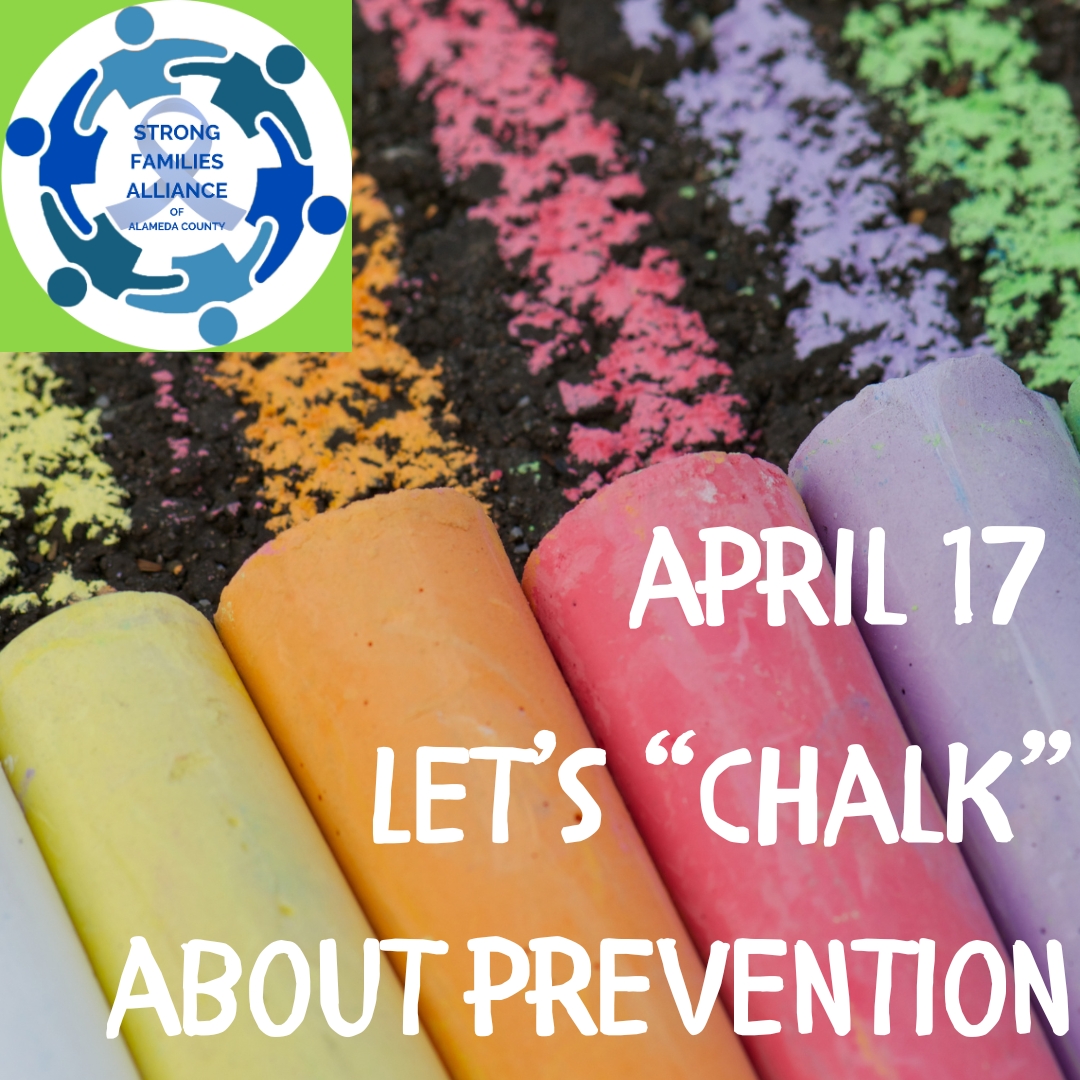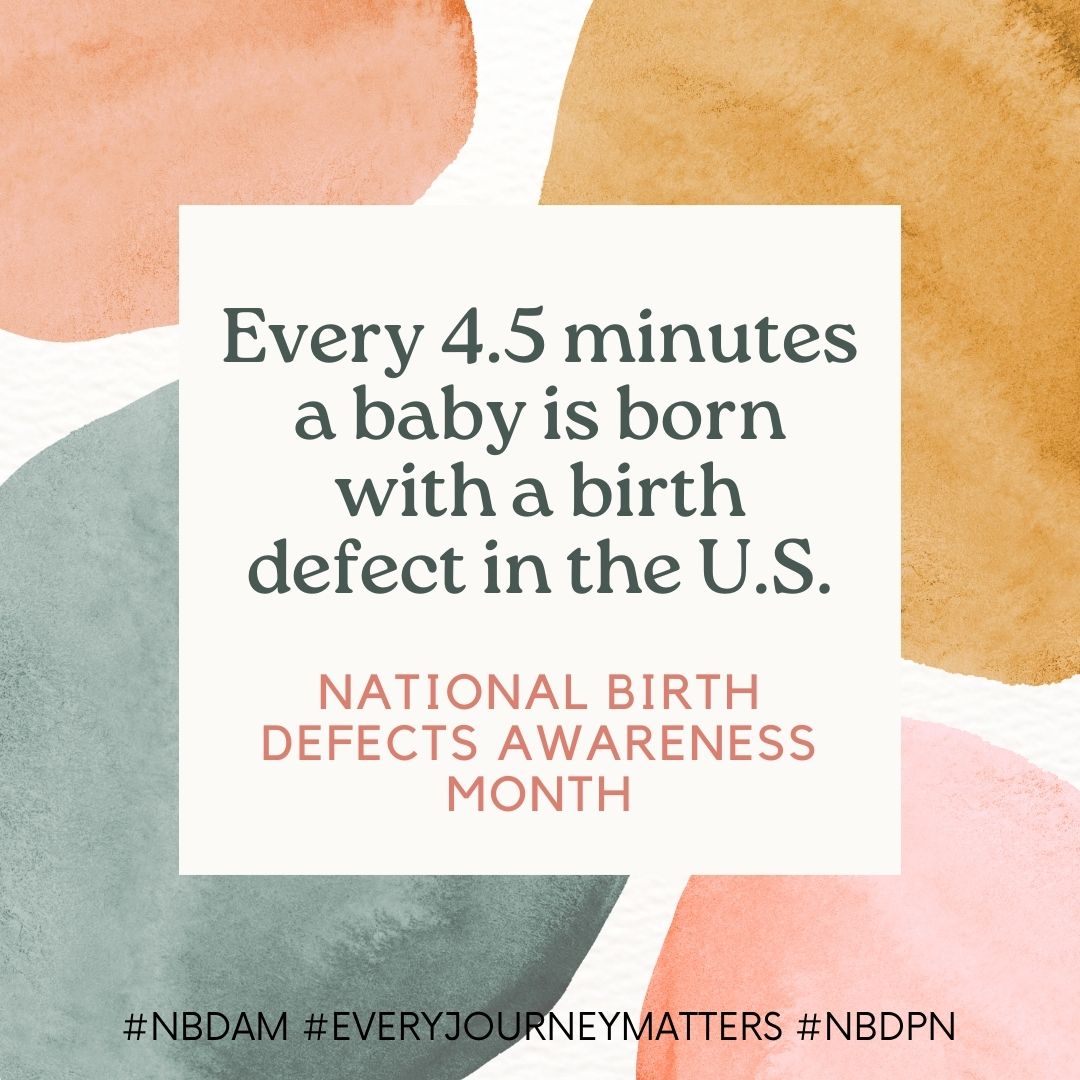EVENTS & OBSERVANCES Calendar
APRIL 5, 2024 WEAR BLUE FOR KIDS!
#WearBlue4Kids
Grab something BLUE and wear it on April 5 for Child Abuse Prevention Month to bring awareness to child abuse and to support prevention efforts in Alameda County. Post on your favorite social media and tag Strong Families Alliance of Alameda County when you #wearblue4kids

APRIL 6, 2024 FAMILY STORY TIME
10:15 am – 11:45 am at Oakland Public Library – Golden Gate Branch
READING! SINGING! DANCING! PRIZES! Join Strong Families Alliance of Alameda County and Family Paths for our FREE, in-person Family Story Time. We are thrilled to bring back our favorite story teller SNAXX to lead songs, movement and read a variety of books for children 0-9 and their caregivers. Register before April 5 and get put into a drawing for one of three Story Time prize bundles that include children’s books donated by Oakland Public Library, gift cards, healthy snacks and swag. REGISTER HERE
APRIL 17, 2024 LET’S CHALK ABOUT PREVENTION!
#KeepKidsSafe
Connecting with your children through play is a wonderful way to show them care and security. In honor of Child Abuse Prevention Month and the protective factors that keep children safe, on April 17, grab some sidewalk chalk and draw, write, and play! Write messages of hope such as “Love shouldn’t hurt”, “No excuse for abuse” or come up with your own. Snap pictures and tag Strong Families Alliance of Alameda County across your social media accounts and be entered into a prize drawing for gift cards!

APRIL 26, 2024 – Children’s Memorial Day
Flag raising
The Children’s Memorial Day was established by the California Assembly in April 1997, which formally declared the fourth Friday in April as a statewide annual observance day. On the fourth Friday in April every year the Children’s Memorial Flag is to be flown statewide in memory of all the young lives lost in California due to violence in the previous year. On April 1, 2001, the United States Congress passed a concurrent resolution supporting this National Children’s Memorial Day and its regular occurrence on the fourth Friday in April. This is a day of remembrance set aside to recognize the national tragedy of violence against children. On November 1, 1996, Alameda County and the East Bay Regional Park District dedicated a Children’s Memorial Grove with the planting of young oak trees and the creation of a stone Circle of Remembrance as a place of peace and honor to young lives lost;
Alameda County created a Children’s Memorial Flag to be flown whenever a child’s life is lost to criminal violence. Please join us in observing Children’s Memorial Day.
Here are other ways to honor the young lives lost:
Moment of Silence and Reflection: At any point during the Day on April 26, 2024
Flag Viewing: Flag will be flown all day at Gail Steele Multiservice Center, 24100 Amador St Hayward, CA 94544
Visit: Children’s Memorial Grove Trail in Chabot Regional Park (1.8 mile trail)
APRIL 27, 2024 UNPEELED: Children’s Event
10am-1pm at Children’s Fairyland
UnPeeled, hosted by Bananas and supported by Strong Families Alliance of Alameda County, returns to magical Fairyland in Oakland on Saturday, April 27, 2024 from 10:00 am – 1:00 pm. REGISTER HERE
This is a FREE event for children and their caregivers, with LIVE shows from local performers. This is a great opportunity to let your little one tap into their creative side to sing along, dance and explore!
FEBRUARY – Teen Dating Violence Awareness Month
National Teen Dating Violence Awareness Month is observed in February. The month encourages young people and their loved ones throughout the country to come together to raise awareness about the issue of teen dating violence.
HERE ARE WARNING SIGNS of abuse to be mindful of during Teen Dating Violence Awareness Month and all year long.
Love Is Respect has great info and resources for teens looking to have or create healthy relationships. LEARN MORE HERE
JANUARY – Birth Defects Awareness Month
January is Birth Defects Awareness Month. National Birth Defects Prevention Network raises awareness of birth defects and promotes healthy pregnancy behaviors that may reduce the risk of birth defects. Birth Defects Awareness Month is a time to raise awareness and highlight efforts to improve the health of people living with these conditions across their lifespan. #NBDAM #EveryJourneyMatters






